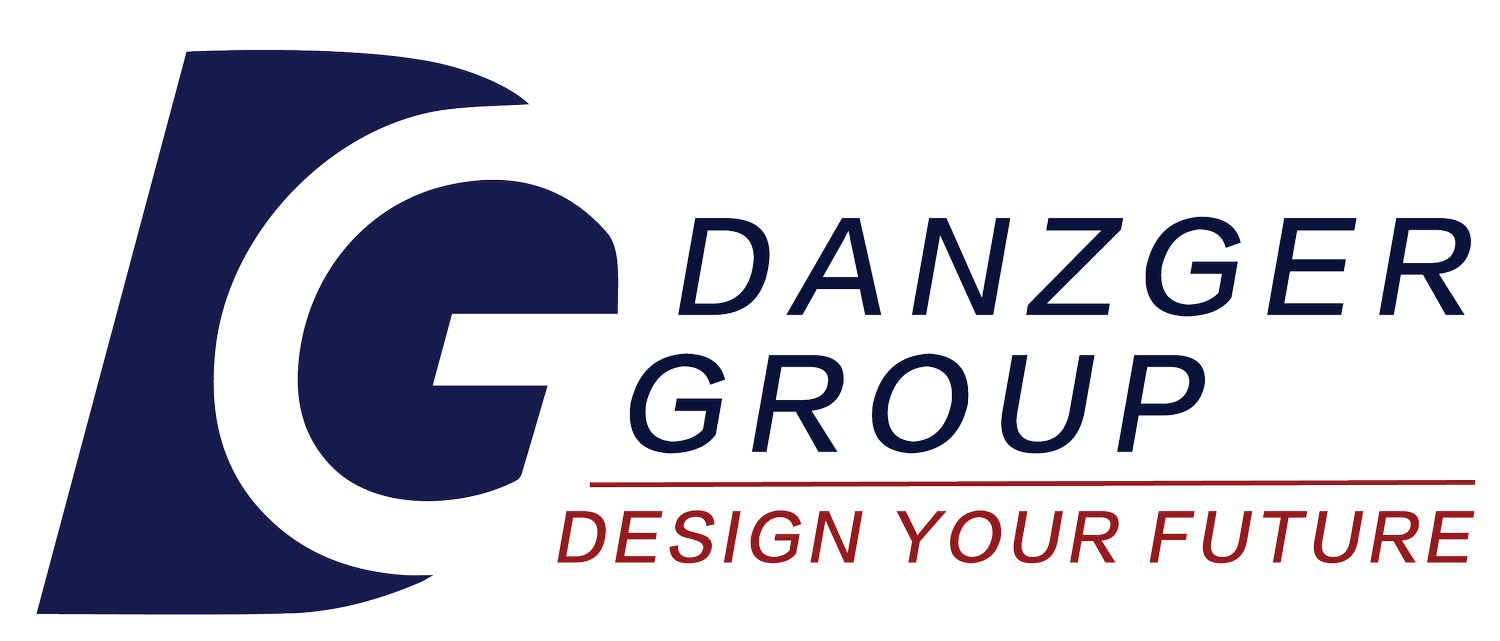Six Reasons Why You Shouldn’t Fixate on Big, "Dream" Companies
We've raced to create a culture of celebrity. Social media has enabled so many to focus on so few. On the college front, the Ivies and other highly selective schools are lauded by many applicants as their "dream school." Many graduates are focused on high-profile jobs such as professional basketball player, sports agent, and on-air talent. What this adoration ignores is the small fraction of the organizations and jobs that they represent.
The fixation extends to today's stock market darlings. The FAANG stocks (Facebook, Apple, Amazon, Netflix, and Google) attract a high proportion of attention and press. The reality is that while these companies are growing faster than many companies, they still represent only a sliver of employment in today's economy. We are in an era of dramatic new company creation, with many startups tapping seemingly bottomless sources of capital.
It's tempting to focus one's job search efforts on landing a spot at one of today's "bright, shiny objects." There's a lot of prestige associated with working for a large, well-known company. But spending a lot of time pursuing a role at one of these companies severely narrows the field for job opportunities and may cause you to ignore highly attractive options that aren't in the spotlight.
Here’s why you shouldn’t fixate on big, "dream" companies:
1. It's often harder to break into the most sought-after companies. There are inevitably more applications for every position, and the interview process can be lengthy and filled with hurdles, including case studies and panel interviews. Smaller companies generally are more agile. You may find it surprisingly easy to connect with them, and you may find yourself interviewed by the CEO!
2. Some of the best days may be behind companies after they've grown to a certain size. Management may become risk-averse and reluctant to make the dramatic moves needed to keep the company relevant as it might jeopardize their positions. Over time, markets mature, and innovative companies rise up to challenge the giants.
3. You'll have a greater impact at a smaller company. You are likely to get more responsibility and more exposure to various areas than you might in a larger company where they expect people to be specialists. You may have a better chance of getting stock or some other piece of the upside in a smaller firm. Would you like to be a cog in a wheel or directly influence the business? Of course, that higher visibility works both ways – you'll be in the spotlight whether you succeed or fail.
4. Big companies aren't always stable companies. For a long time, big companies implied stability. But a review of businesses through economic and innovation cycles shows that's not the case. For example, big banks are far from maternal, engaging in a ramp-up and purge of employees to meet the moment's needs.
5. There will likely be less bureaucracy at smaller shops. And fewer politics, too. But don't think that a two-person firm can't have politics! On balance, though, there's less red tape in a smaller company.
6. Smaller companies may offer more exciting perks and appreciation that aren't feasible at a big company. Sure, many large companies provide catered lunches and happy hours. But many smaller companies can offer experiences that wouldn't be feasible to hold at a big company. Think trips (yes, there will be trips again!) and other unique experiences.
Where you land is ultimately a matter of personal preference, the skills you have, the connections you make, and a little bit of luck. But keep these differences in mind as your sort through your alternatives and think about how to best allocate your job search time.
I offer individualized career coaching and advising (remote and in-person) along with text, email, and phone support to help job seekers succeed. I've hired more than 100 people and interviewed over 500 candidates. I've worked at large global companies like Morgan Stanley and a company that is now part of Bank of America Private Bank and founded/worked at six startups. I welcome you to contact me and join my mailing list and receive my free guide, "Top 5 Young Adult Job Search Myths."

